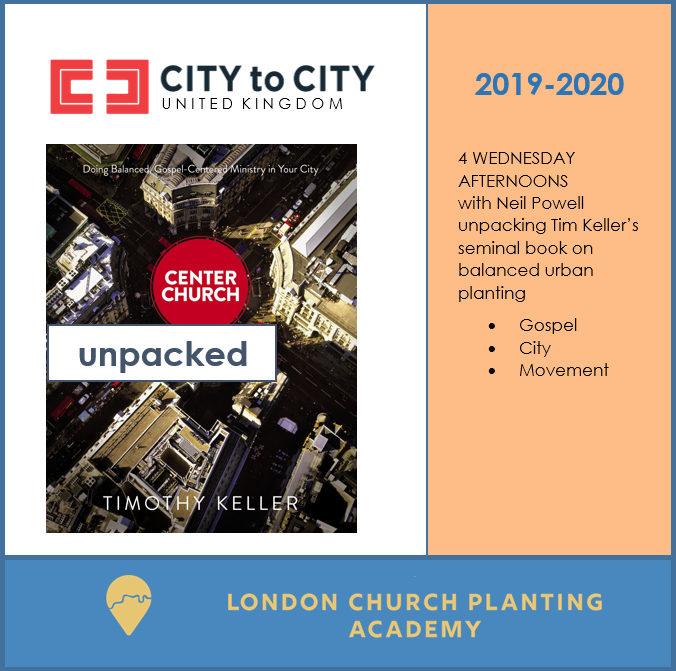The LCPA is pleased to be linked to a Crosslands Seminary tutor group. The following is an edited excerpt shared, with permission, from an essay recently submitted by a student in the group.
Our hearts are restless…
The plot of A Midsummer Night’s Dream is about love gone wrong and the consequences of that. Augustine recognised how sin stems from disordered love. He talks often of Romans 1:25 in his Confessions. He recognises, as he looks back on his life, that he was worshipping the created not the creator. That was the wrong heart from which his life flowed – taking the good gifts of God and making them god – the centre of our affections.
“Augustine taught that we are most fundamentally shaped not as much by what we believe, or think, or even do, but by what we love.” (Tim Keller, Making sense of God, p. 89)
Elsewhere Keller says that the best way to identify where our affections truly lie is to ask the question, What keeps you awake at night – What are the things that if they were taken away would make your life unbearable? As I have reflected on this I’ve found that question painfully revealing of my wrongly ordered loves and painfully aware of the truth of Jeremiah 17:9 –
“The heart is deceitful above all things, and desperately sick; who can understand it?”
Like Augustine I find my heart loves God too late and too little but, just like Augustine, I also find He continually draws us to Himself. He wants to welcome us home. We have prodigal hearts, but, as James K.A. Smith in his book on Augustine puts it, we don’t have to be defined by our prodigality “but by the welcome of the Father” (On the Road, p. 14)
So, given that the heart is ‘the wellspring of life’ (Prov. 4:23), what can be done pastorally in our churches? There are many implications – e.g. for our worship, pastoral care and evangelism – but here are three starter suggestions guided by Acts 2:42:
1. Preach to the heart. “They devoted themselves to the apostle’s teaching…” I’m concerned that sometimes in our churches we can have some really great Bible teaching and yet there be very little discernible difference in peoples’ lives. They go out saying ‘What a great sermon?’ but nothing changes; people aren’t saved, lives aren’t changed. So what is going on? The Word has power to change so why aren’t we changing? I think part of it is we get to the head but we don’t always get to the heart. Sometimes it feels like (for want of a better analogy) a boxing match where the boxer has been softened by body blows but the knockout punch is never delivered so you go out the door softened but the message is never driven home and so you come back next week recovered to go another round. Our preaching is supposed to elicit changed lives that are growing and showing that they have been saved by the grace of God. I need to understand how deeply wretched a sinner I am and that the grace of God is my only plea. Only when I see the love of Jesus am I going to be changed. This will require preaching that is devoted to the voice of God being heard, where the preacher decreases and Christ increases, where there is an encounter with the living God, where there is a dependence on the Holy Spirit to deliver the knockout blow, open eyes and change hearts. (For more on preaching to the heart see Keller on TGC).
2. Be devoted to the fellowship. Matt Chandler recently said we have 8 foot fences and tiny dining room tables. I think this is a problem in churches today. We confessionally agree that we need to have fellowship but functionally it looks like 2 hours on Sunday (at most) and maybe 1 in the week. I am confident that this is not what the Apostles had in mind when they talked about ‘the fellowship.’ We need each other if we are going to see our hearts change, our churches change and our society change. One of the main things that drew Augustine to God was time with the Bishop Ambrose and as a Bishop himself he lived in a ‘leadership community.’ He realised that it is in fellowship and authentic life together with other believers that we can change. We need to break down our cultural barriers and celebrate together as if we really like spending time together with ‘our family’. Genuine loving relationships are attractive and are the context in which we grow together in love, grace, and joy in the hope we share because of our shared relationship with Jesus.
3. Be devoted to praying. Augustine’s famous Confessions are one long prayer. He wrestled with his heart – or rather allowed God to wrestle with his heart – as he was on his knees in praise and confession and petition. Are we a praying people? Do our churches reflect the Bible’s emphasis on prayer? In ones and twos? In small groups? In informal church gatherings? In whole church settings? If the answer is no, then perhaps prayer needs to be up the agenda. A church failing to pray is a church that will not see Ephesians 3:14-21 heart change. A church failing to pray is really a church waiting to die. As I say that, I look into my own heart: am I personally devoted to prayer? Some of the best times in my Christian life have been in prayer and yet my heart is so slovenly that it is the thing that often slips by the wayside. May God chasten me to be on my knees, so His church is lifted up.
Perhaps the best way to close is with the words of a song that captures the disordered heart and our great hope.
Oh, to grace how great a debtor
Daily I’m constrained to be
Let Thy goodness like a fetter
Bind my wandering heart to Thee.
Prone to wander, Lord I feel it
Prone to leave the God I love
Here’s my heart, oh take and seal it
Seal it for Thy courts above.
————————-
Marc Raisbeck is a Crosslands Seminary Student and elder at Manor Road Evangelical Church, Guildford.



 We’re very grateful that Neil Powell, senior pastor of City Church Birmingham, co-founder and convener of 2020 Birmingham and London director for City to City UK, will be coming to unpack Tim Keller’s Center Church for the London Church Planting Academy on 4 Wednesday afternoons:
We’re very grateful that Neil Powell, senior pastor of City Church Birmingham, co-founder and convener of 2020 Birmingham and London director for City to City UK, will be coming to unpack Tim Keller’s Center Church for the London Church Planting Academy on 4 Wednesday afternoons: